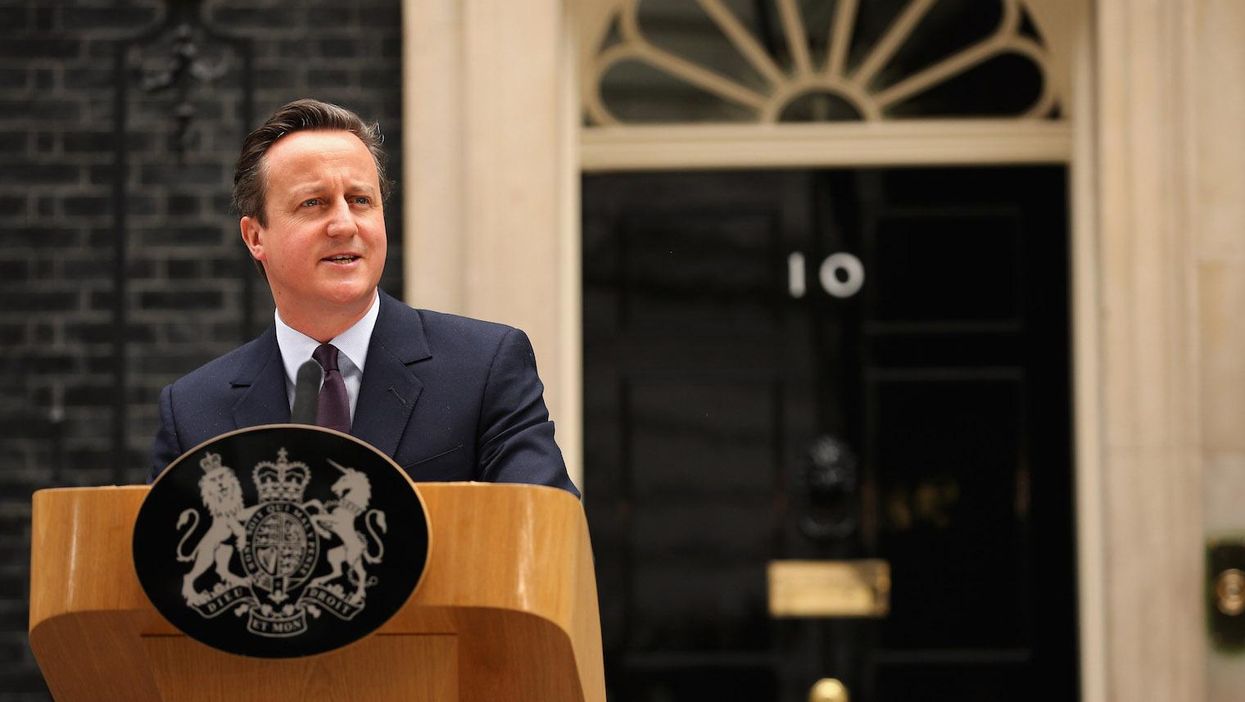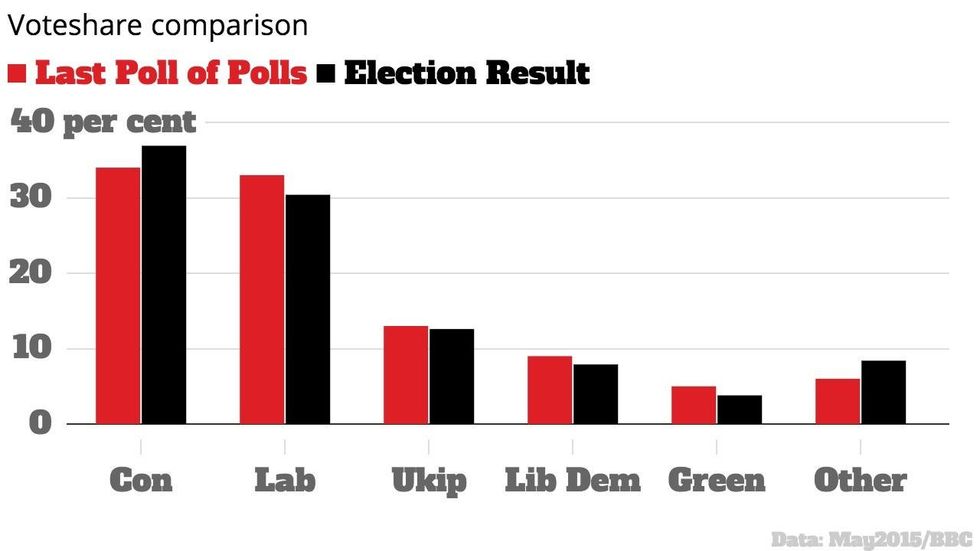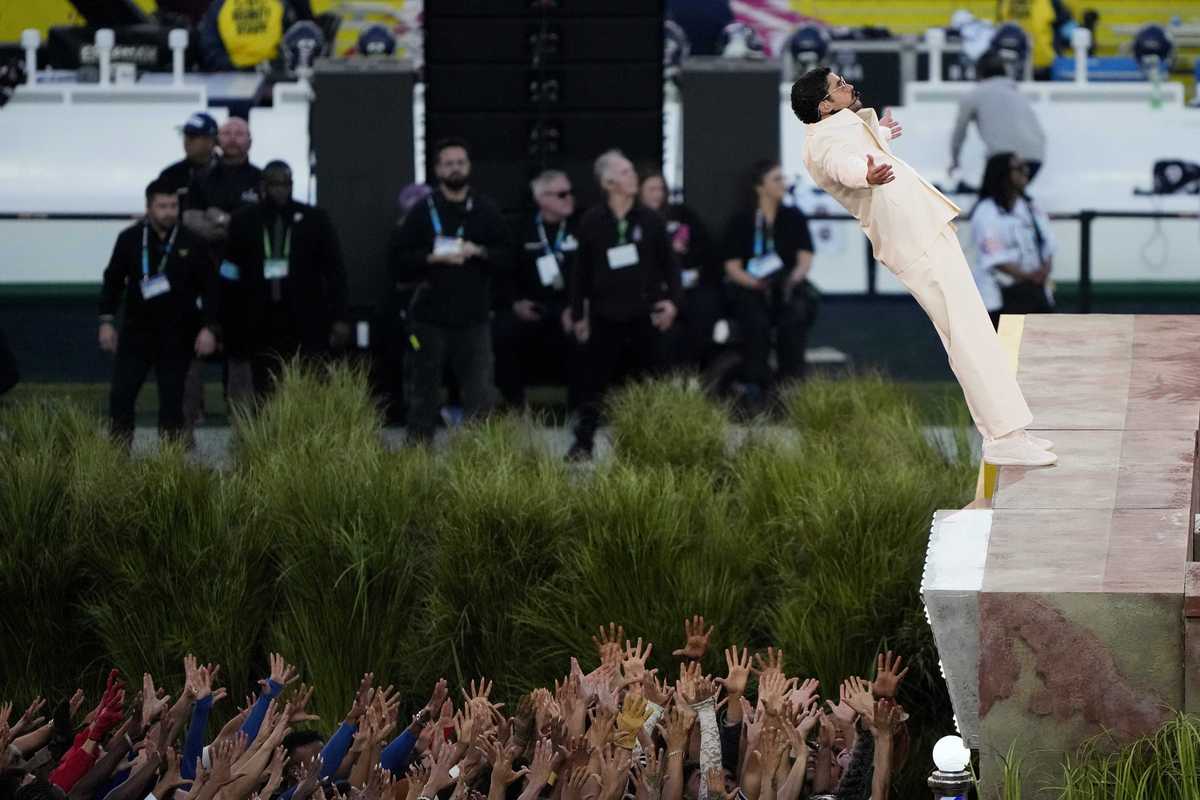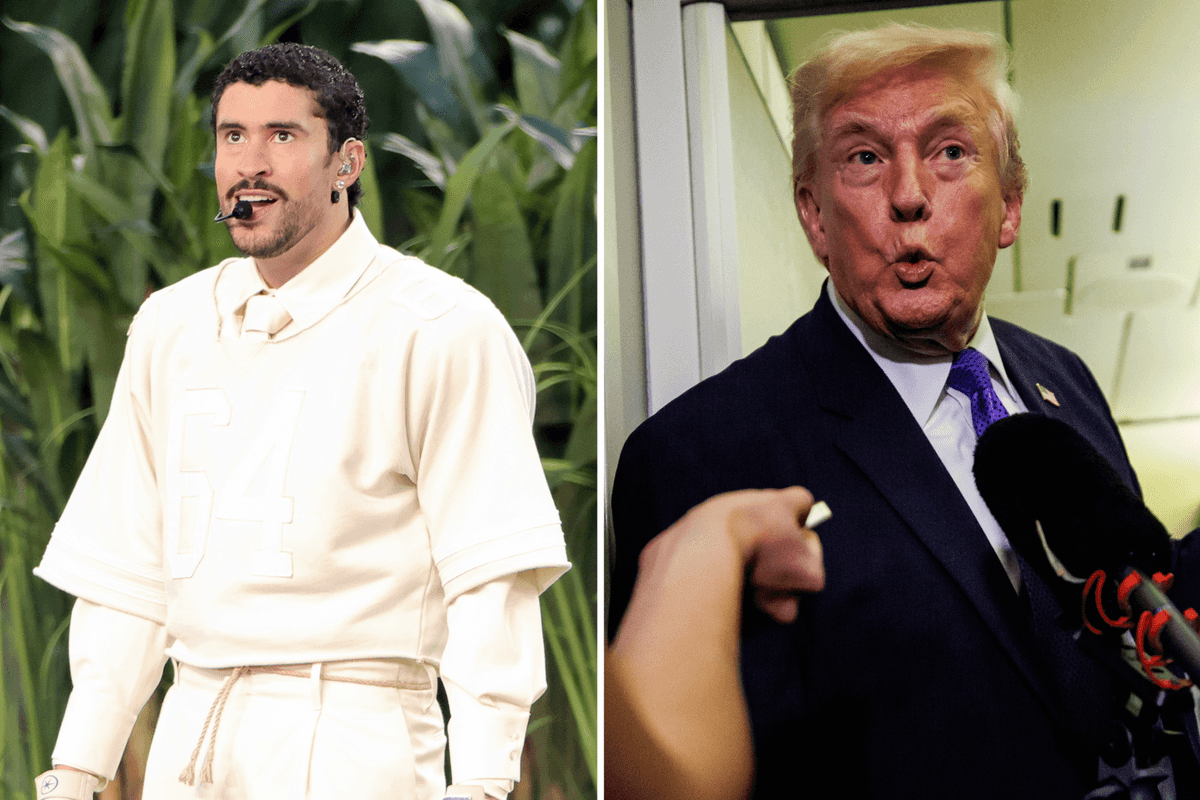News
Nigel Morris
Jan 14, 2016

Prime minister David Cameron outside10 Downing Street on 8 May 2015
Neither "shy Tories" nor a last-minute swing away from Labour were responsible for the pollsters' embarrassing failure to predict the general election result, a new report concludes.
Polling companies only have themselves to blame, it turns out - because they relied on a cross-section of voters, which did not properly reflect the population as a whole.
The run-up to election day was dominated by surveys concluding that David Cameron and Ed Miliband were running neck and neck in the battle for public support.
In the end the Conservatives finished more than six points ahead of Labour, enough to return Mr Cameron to Downing Street with an overall majority.
An analysis published by NatCen Social Research concluded the pollsters' sampling techniques, which depended on internet panels and telephone polls, were fundamentally flawed. They interviewed too many Labour supporters and too few Tories and then failed to adjust the raw results to reflect the imbalance, it said.
It dismissed theories about shy Tories, voters misleading pollsters or on an election-day shift from Labour by pointing to post-election surveys, which still resulted in a hung parliament.
The report, written by John Curtice, professor of politics at Strathclyde University, contrasted the companies' failure with NatCen's 2015 British Social Attitudes (BSA) survey which put the Tories in a 6.1 per cent lead.
It was based on face-to-face interviews with a random sample of the public, with repeated efforts to track down people who proved to be elusive. Pollsters must devote more effort to identifying Tory supporters, the report said.
Top 100
The Conversation (0)














